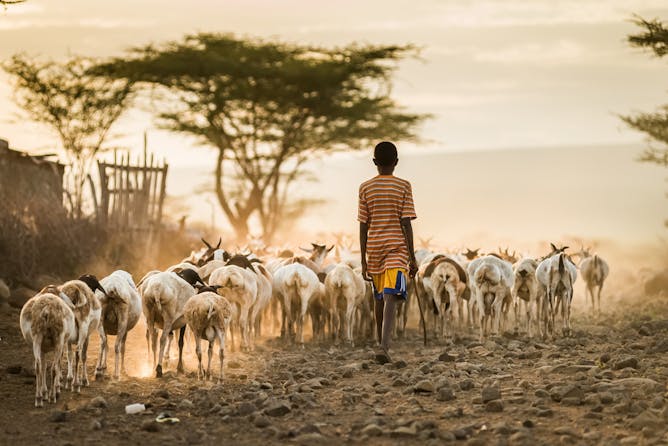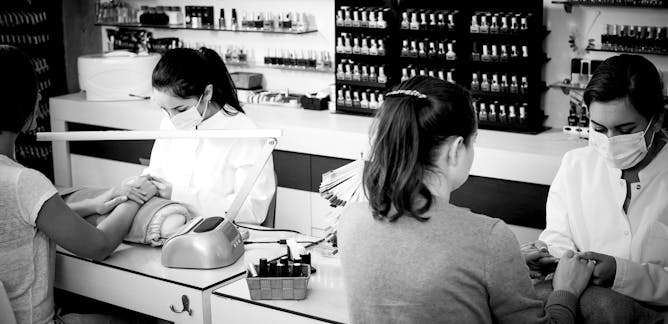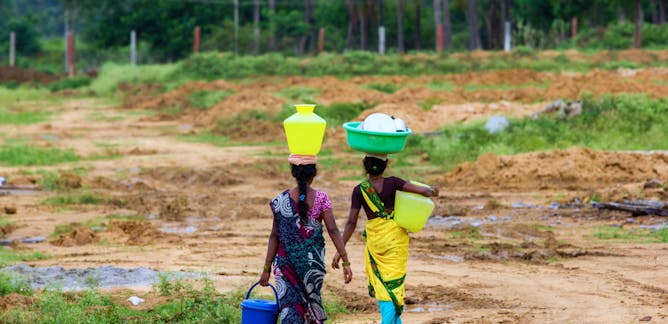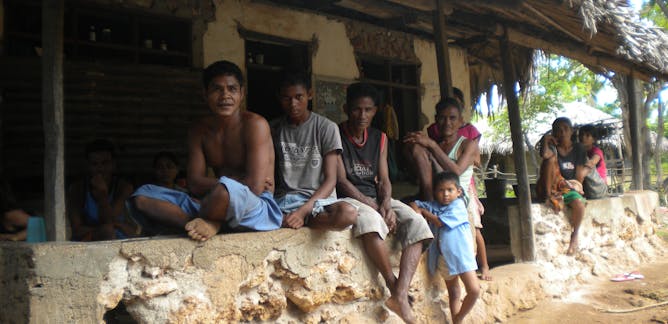|
Disease outbreaks have devastating, lingering effects. It can take families, communities and countries years to recover. William B Karesh explains how using the combined knowledge and experience of medical doctors, veterinarians, environmental scientists and civil society can help to pre-empt outbreaks.
It’s estimated that about 46m people live in slavery across the world. Most are in plain sight working alongside in nail salons, restaurants, car washes and farms all around the world. Catherine Armstrong explains how slavery persists, affecting millions of people. And how you may be funding it.
|

Rift Valley fever is a disease passed from mosquitoes to animals then to people.
Shutterstock
William B Karesh, Icahn School of Medicine at Mount Sinai
Outbreaks of zoonotic diseases call for a collaborative approach to surveillance.
|
Politics + Society
|

Catherine Armstrong, Loughborough University
Slavery still exists and it happens in plain sight.
| |

Gráinne Perkins, University of Cape Town
Turning prisons into a market opportunity could open them up to corruption.
|

Gayathri D Naik, SOAS, University of London
If you have to devote hours a day to collecting water, you miss out on education, a social life and other human rights.
| |

Antje Missbach, Monash University; Wayne Palmer, Bina Nusantara University
Efforts to claim compensation for Indonesian minors who were caught manning boats that smuggled asylum seekers to Australia may end up failing if the Australian government continues to resist.
|
|
|
Health + Medicine
|
-
Madhukar Pai, McGill University
We cannot end TB with century-old technologies and poor quality care. It is time to reinvent the way we are managing TB, and overcome our collective failures of the imagination.
|
|